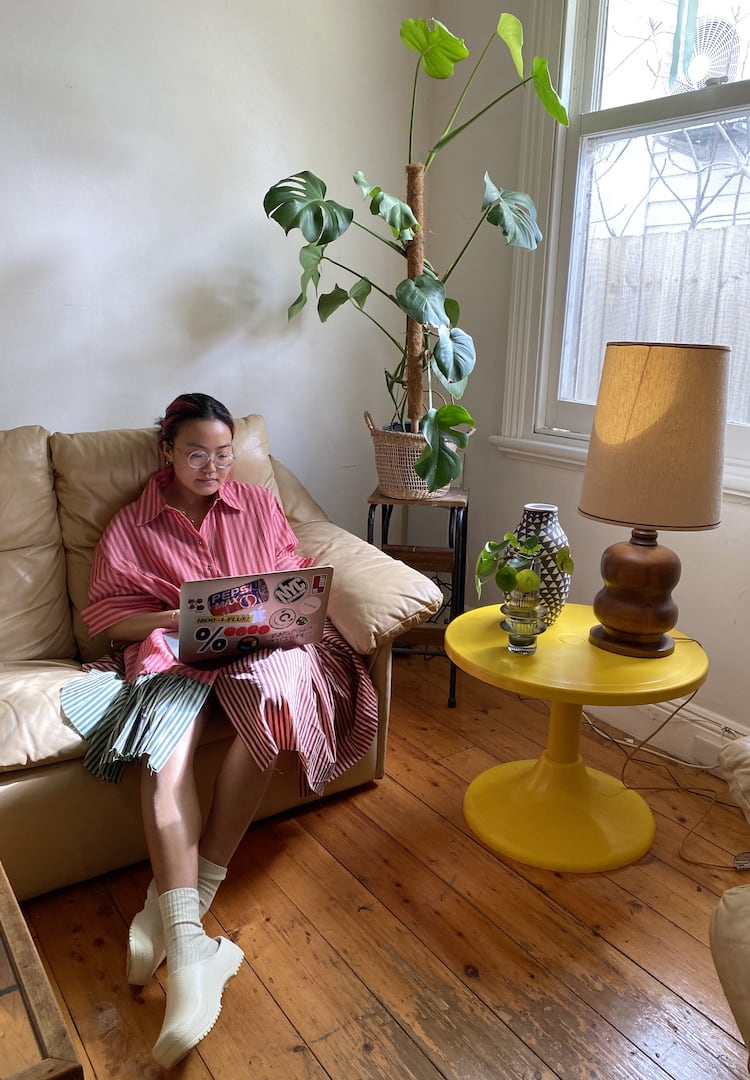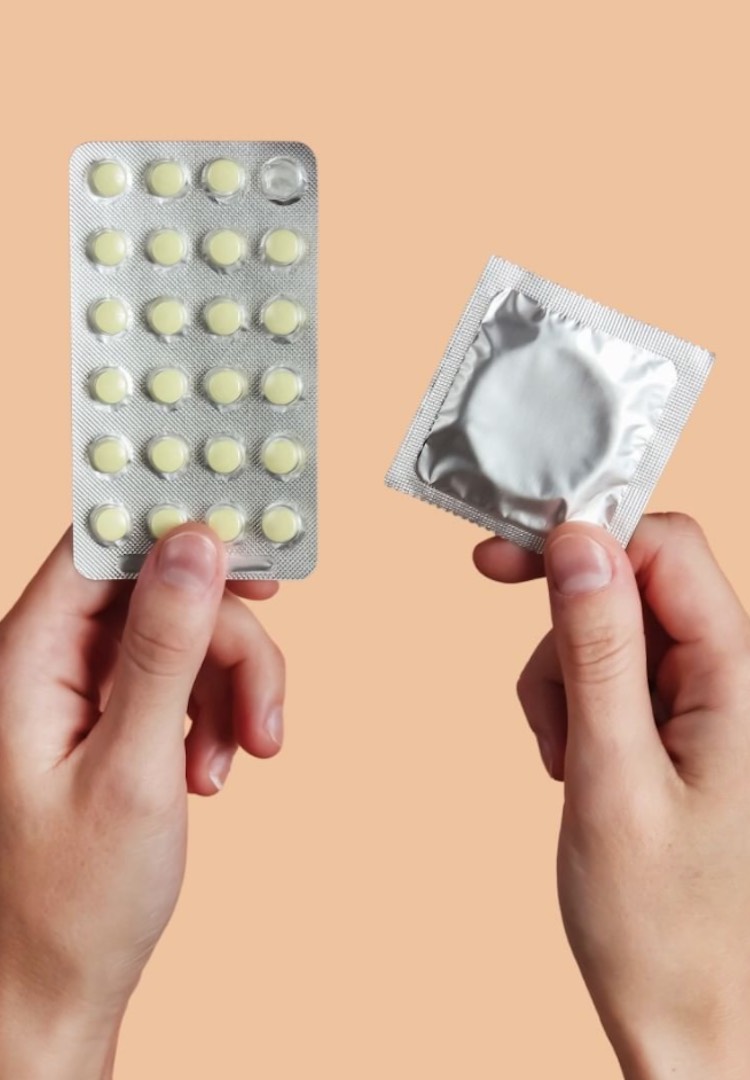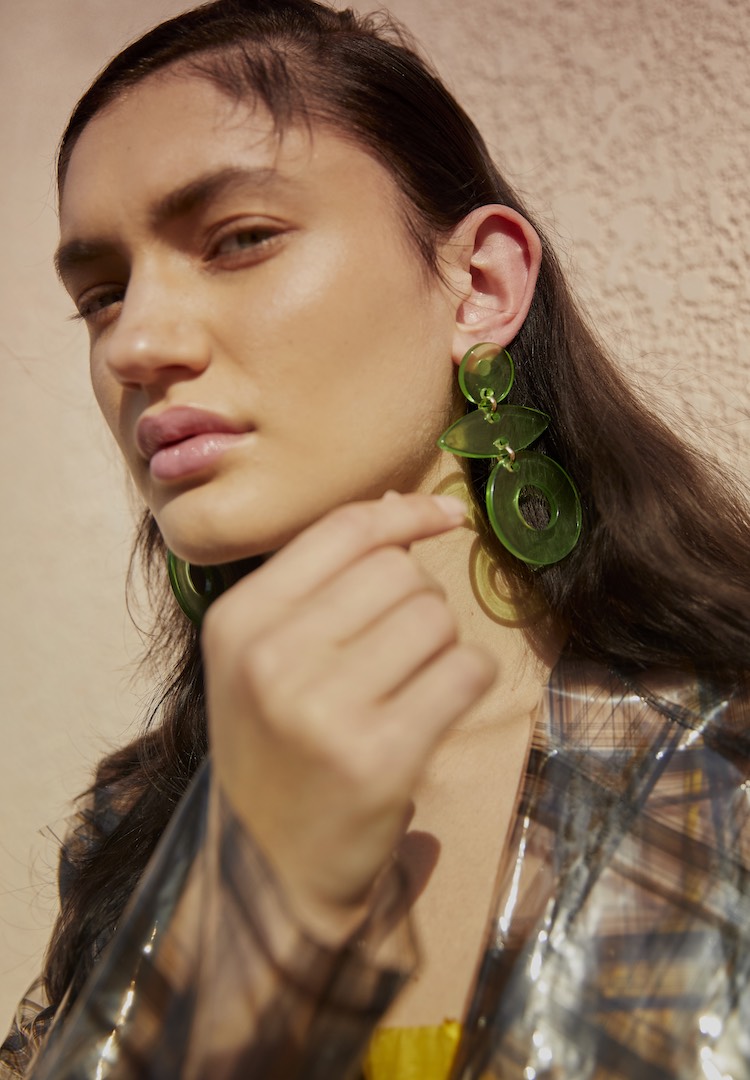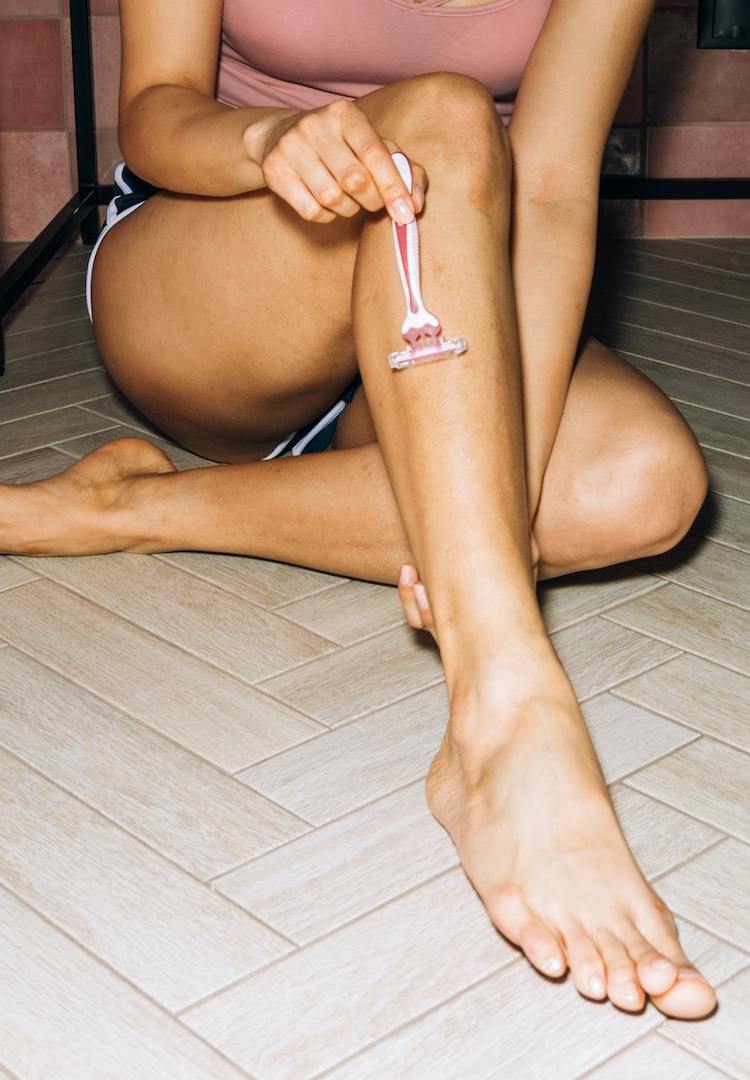Why I broke up with birth control
WRITTEN BY JADZIA GLADIGAU
I will not apologise that my mental health is suffering at the expense of you wanting to ‘hit it raw’.
The day I turned 16, I told my mother two things. One, I am getting a bikini wax, and two, I am going on the pill. And I did. During high school and my early twenties, I tried three different pills with varying experiences. A lot of the typical side effects shone through: weight gain, mood swings and bad skin.
Early last year, I decided it was time to give myself a break. After three months off birth control, I was feeling amazing – stronger and more awake. I was sleeping better, exercising, and my mind was clear of that feeling that everyone hated everything I did and said.
Looking for more thought-provoking reads? Try our Life section.
Not only that, but my sex drive had gone through the roof. So, I decided to do something about it. I spoke to my doctor about some options and we deliberated hormonal and non-hormonal alternatives. Ultimately, we settled on an IUD named ‘Kyleena’ – the smallest, lowest-hormone, five year IUD.
I noticed after three months with the IUD that I was feeling pretty down. There were definitely extenuating circumstances to this sadness, but I did what I always did – I blamed it on birth control and said it would end soon. And it did. A few months after, I was feeling on top of the world again. It was starting to feel like everything was looking up for me. But then something changed. And this time, it did feel directly related to birth control.
I began to do a lot of research on hormonal birth control
Did you know that a study suggested women on hormonal contraception, especially in their teenage years, are at an increased risk of suffering from depression? Or that it can potentially affect a woman’s preferences when it comes to their choice of partner?
My mind was blown by the small and large scale ways that birth control can impact its users. I ended up reaching out to Bethan Swift, a PhD candidate in women’s and reproductive health at the University of Oxford and co-author of The Conversation‘s article Birth Control Continues to Fail Women – So Why Has Nothing Changed? about her thoughts on where hormonal birth control is at for women.
“When the pill came out in the 1960s it was incredible for women, and contraception has done so much for women in general – it has given us empowerment that allows us to go to work and not worry about having a family when they don’t want to have a family,” says Bethan.
“But there is still such an unmet need for [effective] hormonal contraception that women stop taking it because of the side effects,” she says.
We spoke about the trials of men’s birth control and how they were dismissed because of side effects like mood swings and acne – much the same as the current side effects women experience.
With her research highlighting the burdens caused by certain gynaecological diseases, Bethan believes that having a male birth control option doesn’t help women who suffer from these often debilitating disorders.
“I think it’s great we are having more trials into males’ options; everyone deserves to have contraception that works and is suitable to them, but just because you’re making male options, don’t forget that women’s need improving too,” Beth tells me.
I needed to take control of my birth control
After immersing myself in the world of hormonal birth control, I knew what I wanted to do. I wanted to rid my body of the crippling mental and physical impacts of it. It was obviously not working for me, and I felt like I had made an empowered decision – until it came to telling my partner.
As I took a deep breath and prepared to tell my partner I didn’t want to be on birth control anymore, I felt so nervous. I knew he was understanding, and he wouldn’t make it about himself, but I was still scared. I felt a trickle of guilt seeping in as I told him we’ll need to rely on condoms alone.
Why did I feel like this? I consider myself a feminist and feel comfortable calling out any misogynistic conduct. But when it came to this, I felt so weak. I’m now starting to realise that birth control, to me, is a male-centric health care model. How can we be moving towards a more progressive mindset when we’re still putting a man’s pleasure above our mental and physical health?
For so long, women have been primarily responsible for pregnancy prevention and family planning. It’s time for a shared responsibility, shared side effects and shared pleasure.
Want to know more about stopping birth control? Head here.













